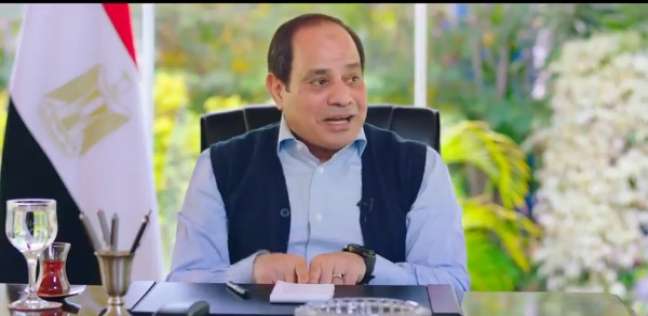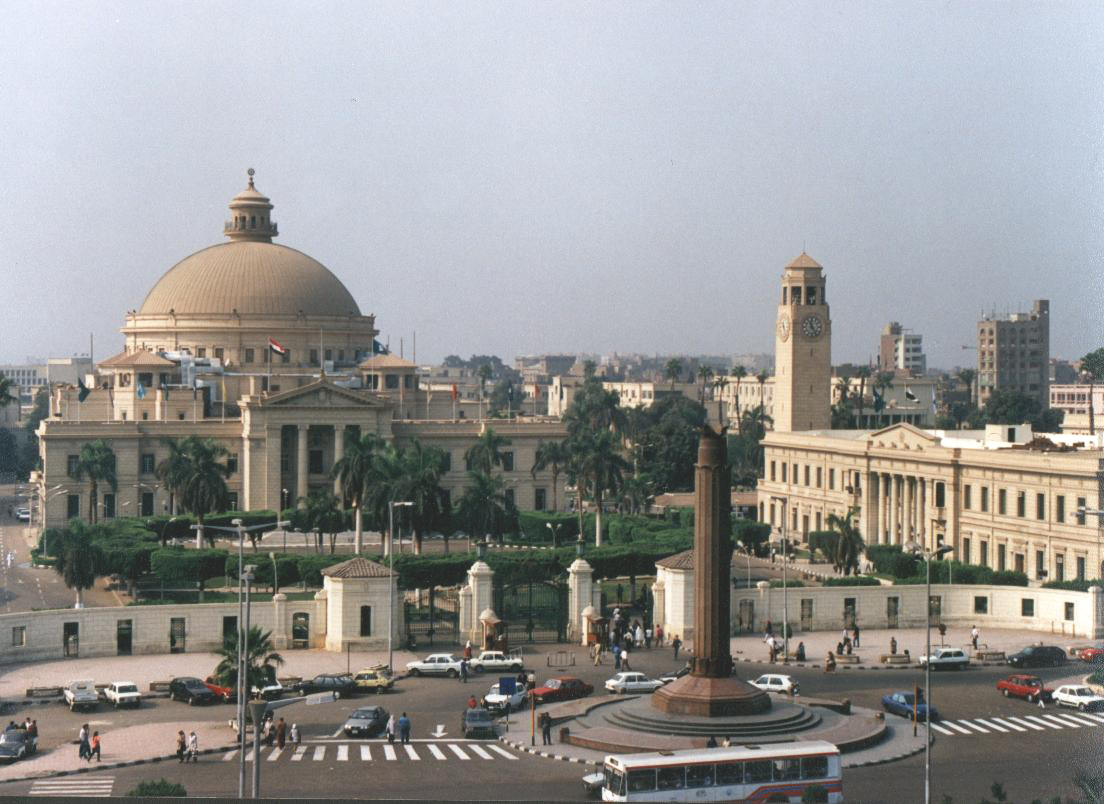
In his first interview dedicated to Egyptian media outlets after declaring his intention to run for the 2018 Egyptian presidential election, President Abdel Fattah al-Sisi discussed several issues related to Egypt’s political and economic status during his interview with Egyptian independent film director Sandra Nasha’at.
The nearly-one hour interview which was broadcasted on various Egyptian television networks, including state-run channels, posed questions to Sisi to voice the concerns of the Egyptian people regarding the current political and economic conditions.
At the beginning of the interview, Sisi said that Egyptian military operations which were conducted during the 1960s in Yemen played an important role in creating the current economic crisis that Egypt still suffers from today.
He added that Egypt had lost the golden cover of the Egyptian pound following its participation in this war, highlighting that Egypt suffered a crisis from the cost of building the army after the loss of the 1967 war.
He added that the peace agreement caused disputes between Egypt and Arab nations, which resulted in the cessation of aids from these countries.
Meanwhile, Sisi defended the achievements of the Egyptian government during the four years of his rule, “We did a lot of work in the country, we did not have good infrastructure in roads [beforehand],” he said.
On education, he noted that ‘real’ education has been absent for more than 30 years. He added that the government has taken steps to improve education, one of which was mandating public universities to enter into ‘twinning’ agreements with the world’s top foreign universities.
“We will implement the reform program of education starting next year, and [it] will last for 14 years,” he affirmed.
Moving to the size of the army’s economy, Sisi denied rumors about the control of the armed forces of half of the national economy.
“Egypt’s GDP is LE4.3 trillion [US$244 billion], and the economy of the armed forces does not exceed 2 or 3 percent of this, to the maximum extent,” Sisi said.
He added that the Egyptian Armed Forces intervened in some sectors in simple proportions, only to reduce the burden on citizens.
Sisi’s message to media outlets
During the interview, Sisi did not miss the opportunity to blame media outlets for the daily issues they pose.
“I call on Egyptian media professionals to understand the magnitude of the challenge that Egypt is facing,” he said. “It is not acceptable for the media to come out to talk for four-to-five hours, on topics that do not suit our society.”
He continued, “Everyone wants to achieve a rate of viewing and advertising, but this is not a justification for talking about things which do not fit with our customs and traditions.”
Absence of numerous candidates in the 2018 presidential election
On the limited choice of candidates in the upcoming election, Sisi attributed the lack of competition as caused by a lack of readiness from competitors to run for the presidency.
“I swear by God, I wish there were 10 competitors in the presidential election,” Sisi said.
The scenes of the overthrow of Egypt’s former-President Mohamed Morsi
Sisi recalled details of the night of July 3, 2013, when the Egyptian people were in streets demanding the departure of Morsi and the Muslim Brotherhood from power. Sisi said that his statement released on that day was concerned for public opinion.
“I slept late this night, and I did not consult anyone that night,” he said. “I only spoke to God because he was the only one who knew what was inside me,” he added.
The president continued, “If the Muslim Brotherhood has [made] the correct assessment of the situation, they will choose to follow the presidential election to end the crisis.”
Sisi believes that MB collided with itself before colliding with the people, explaining that the Egyptian people are smarter than to be impeached by religion.
Personal security
Sisi spoke about some personal aspects of his life, revealing something that he is not happy about: the strict personal security measures imposed for his movement across the streets.
“I’m not happy when I find the streets empty when the presidential parade is passing, I like to directly communicate and talk with people,” he said.




